Eating rituals
Exploring Culinary Traditions and Eating Rituals Around the World
Food is not just sustenance; it is a reflection of culture, history, and tradition. Every corner of the globe boasts a unique culinary heritage, with diverse flavors and eating rituals that tell stories of communities and their values. Let's take a journey through some fascinating culinary traditions and eating rituals from different parts of the world.
1. Italian Sunday Family Lunch
In Italy, Sundays are reserved for family gatherings and elaborate meals. The Italian Sunday lunch, known as "pranzo della domenica," typically consists of multiple courses shared around a table filled with laughter and love. From antipasti to dolci, each dish symbolizes togetherness and celebration.
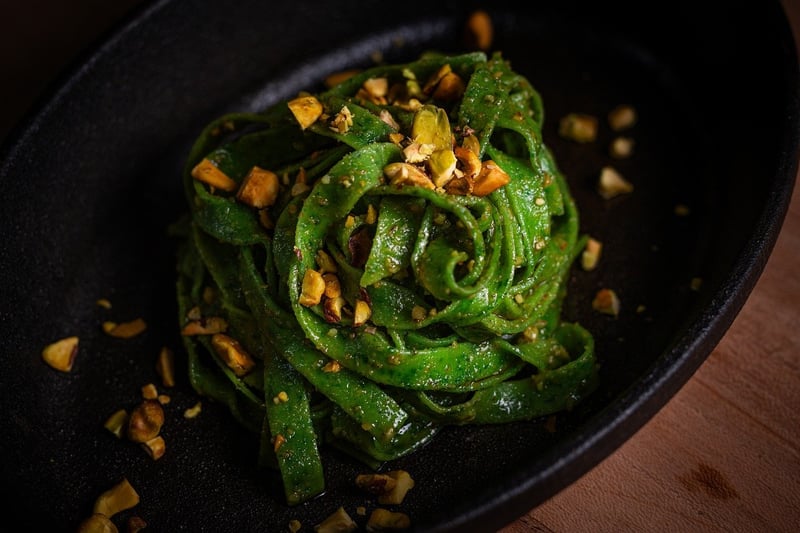
2. Japanese Tea Ceremony
The Japanese tea ceremony, or "chanoyu," is a ritualistic preparation and consumption of matcha tea. This centuries-old tradition emphasizes harmony, respect, purity, and tranquility. Every movement in the ceremony, from pouring the tea to sipping it, is deliberate and symbolic.
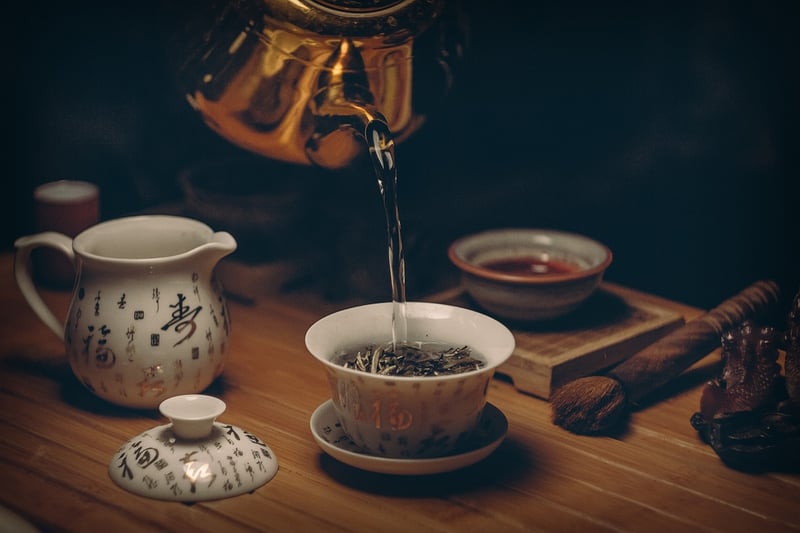
3. South African Braai
In South Africa, a braai is more than just a barbecue; it is a social custom and a way of life. Gathering around an open flame to grill meat and share stories is a cherished tradition that unites people from all walks of life. The art of braaiing is about more than just cooking food; it's about community and connection.
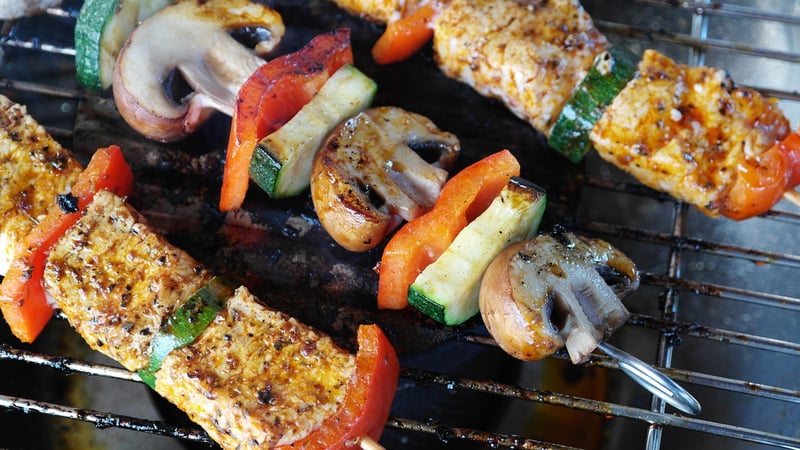
4. Indian Thali Meal
Indian cuisine is known for its diverse flavors and spices. A traditional Indian thali meal is a balanced platter that includes a variety of dishes, such as curries, dal, rice, bread, and sweets. The arrangement of different flavors and textures on a single plate represents the holistic nature of Indian culinary traditions.
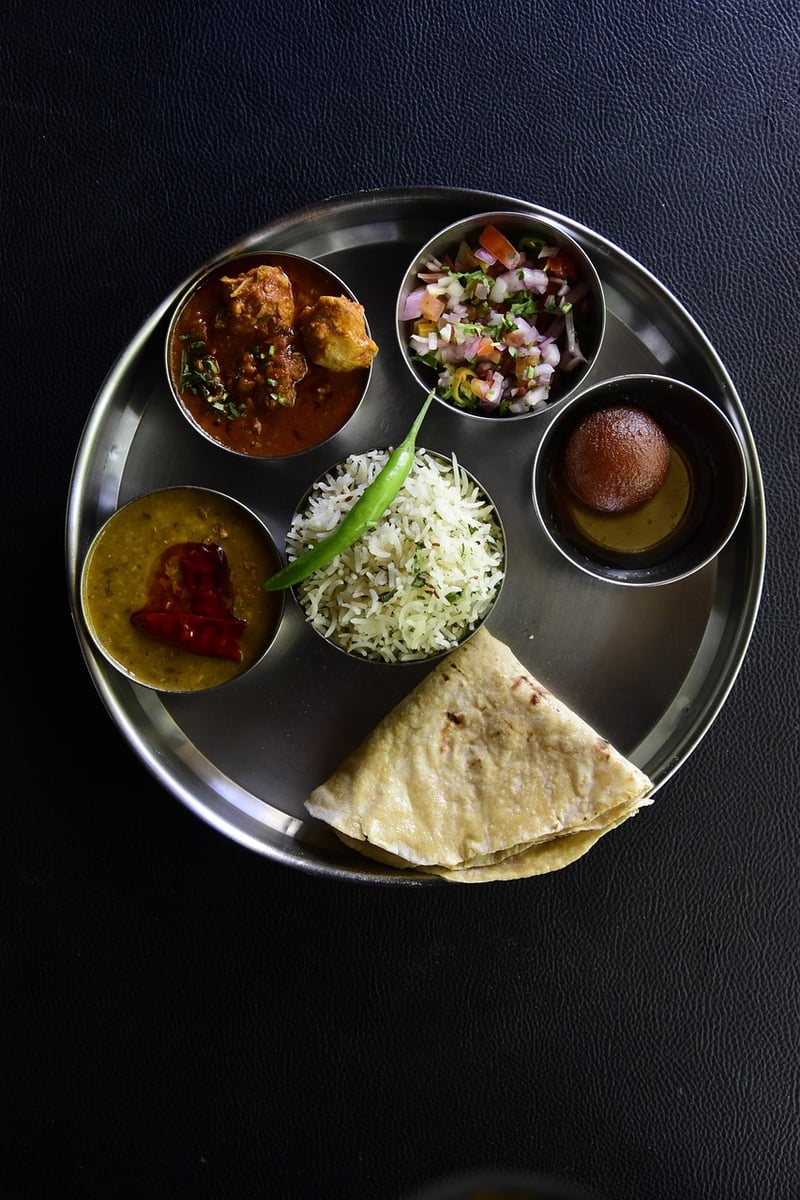
5. Moroccan Mint Tea Ceremony
In Morocco, serving mint tea is a symbol of hospitality and friendship. The Moroccan mint tea ceremony involves the preparation and pouring of sweet mint tea from a height to create a frothy top. This ritual is an integral part of social gatherings and signifies warmth and generosity.
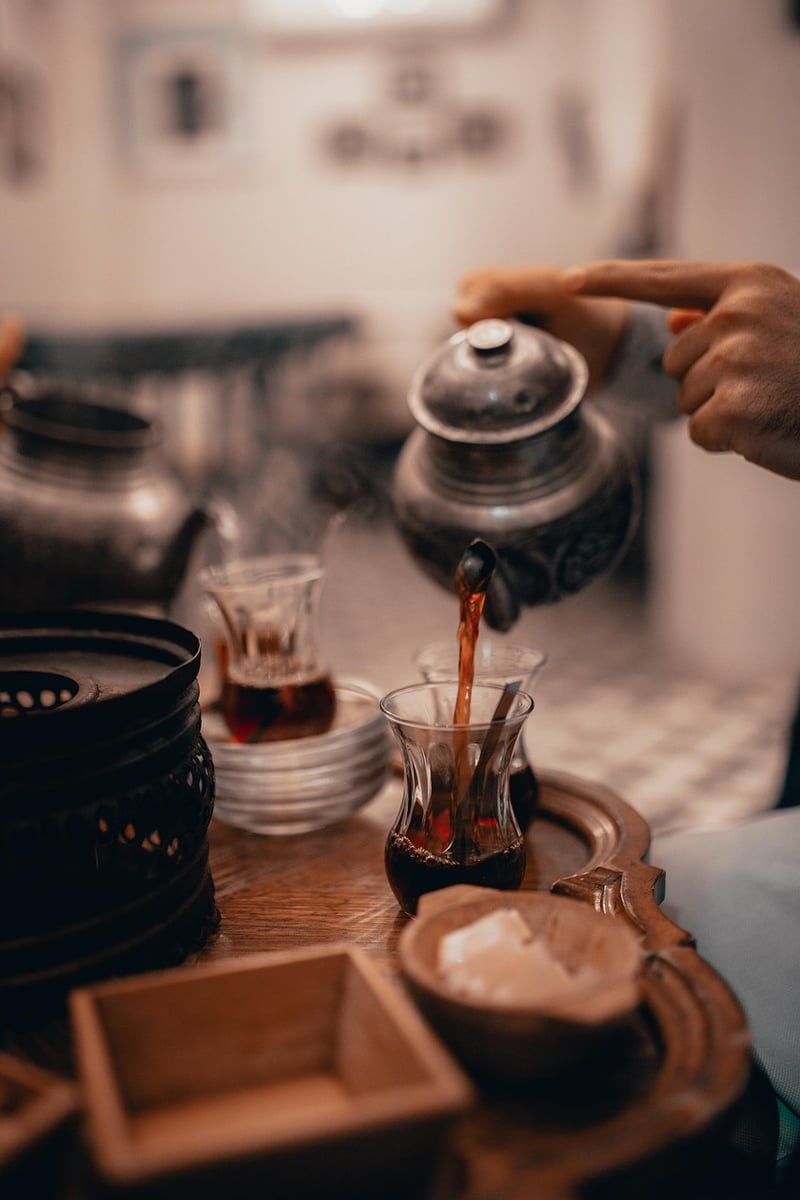
Exploring culinary traditions and eating rituals from around the world offers a glimpse into the heart and soul of different cultures. Whether it's a leisurely Italian Sunday lunch or a spirited South African braai, these rituals remind us that food is not just about nourishment; it's about connection, tradition, and joy.
Let's celebrate the richness of our global culinary heritage and savor the flavors that unite us across borders.
